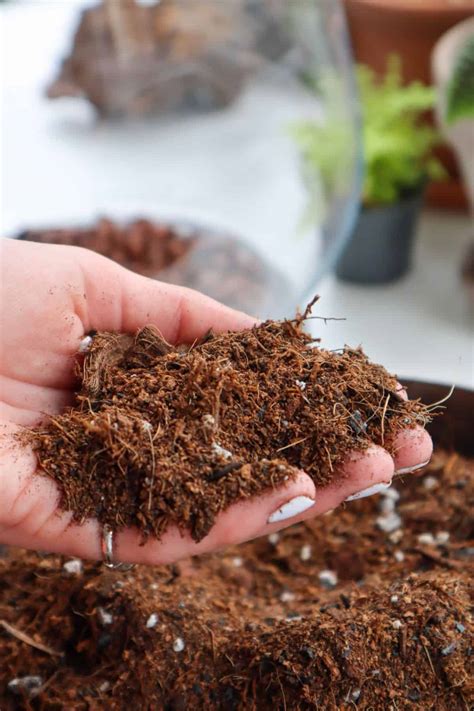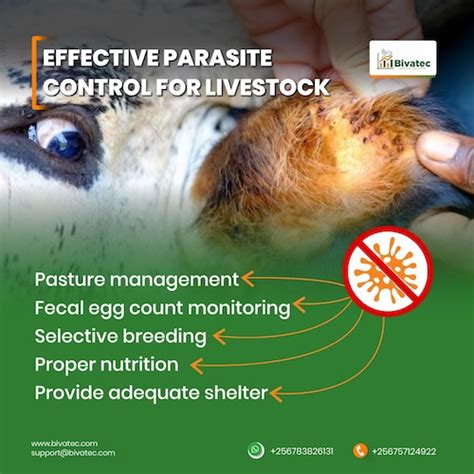Introduction
Protecting birds from parasites is crucial for their health and well-being. Parasites can cause a range of health issues, including decreased appetite, weight loss, lethargy, and even death. By understanding the different types of bird parasites and implementing effective control measures, you can help ensure your feathered friends stay healthy and happy.

Common Types of Bird Parasites
- External Parasites: These parasites live on the outside of the bird’s body and include mites, fleas, lice, and ticks.
- Internal Parasites: These parasites live within the bird’s body and include worms, protozoa, and bacteria.
Impact of Bird Parasites
Bird parasites can have a significant impact on their hosts, including:
- Health Problems: Parasites can cause a range of health issues, from mild discomfort to severe illness or even death.
- Reduced Appetite: Parasites can reduce a bird’s appetite, leading to weight loss and malnutrition.
- Lethargy: Parasites can make birds feel tired and lethargic, reducing their ability to forage and socialize.
- Feather Damage: Some parasites, such as lice and mites, can cause feather damage, making birds more vulnerable to cold and predators.
Bird Parasite Control and Prevention
Controlling and preventing bird parasites is essential for maintaining their health and well-being. Here are some effective measures to implement:
1. Hygiene:
- Clean Bird Houses and Feeders: Regularly clean bird houses and feeders to remove any parasites or eggs that may be present.
- Provide Fresh Water: Offer birds fresh water daily to help them wash away parasites and keep their feathers clean.
2. Medication:
- Anti-Parasitic Treatments: If your bird is infected with parasites, your veterinarian may prescribe anti-parasitic medications to treat the infection.
- Deworming: Regular deworming can help prevent internal parasites from establishing themselves in your bird’s system.
3. Natural Remedies:
- Apple Cider Vinegar: Diluted apple cider vinegar can help repel parasites and clean feathers.
- Diatomaceous Earth: Diatomaceous earth powder can kill parasites on contact.
4. Prevention:
- Avoid Wild Birds: Keep your bird away from wild birds, which may carry parasites.
- Quarantine New Birds: If you introduce new birds to your flock, quarantine them for a period of time to prevent the spread of parasites.
Conclusion
Bird parasite control and prevention are essential for maintaining the health and well-being of your feathered friends. By implementing the measures outlined above, you can help keep your birds parasite-free and ensure their happiness and vitality.
Additional Resources
- American Bird Conservancy: Bird Parasites
- Cornell Lab of Ornithology: Bird Parasites and Diseases
- Merck Veterinary Manual: Bird Parasites
Tips and Tricks
- Monitor your bird’s behavior and appearance for any signs of parasites, such as scratching, feather damage, or lethargy.
- Consult with a veterinarian if you suspect your bird may have parasites.
- Keep your bird’s environment clean and free of debris to reduce the risk of parasites.
- Provide your bird with a healthy diet to support its immune system and reduce its susceptibility to parasites.
Reviews
“I implemented the bird parasite control measures outlined in this guide and noticed a significant improvement in my birds’ health and well-being.” – Sarah, Bird Owner
“This guide has helped me understand the importance of parasite prevention and control for my birds. I now regularly clean my bird houses and feeders and have seen a noticeable decrease in parasites.” – John, Bird Enthusiast
“I was amazed by the effectiveness of the natural remedies suggested in this guide. Apple cider vinegar and diatomaceous earth powder have helped me keep my birds parasite-free.” – Mary, Bird Lover
“I highly recommend this guide to anyone who wants to ensure the health and happiness of their birds. The measures outlined are easy to implement and make a real difference.” – David, Avian Veterinarian
Current Status and Outlook
The prevalence of bird parasites is increasing due to factors such as climate change, habitat loss, and the spread of invasive species. It is essential to implement effective control and prevention measures to protect birds from parasites and ensure their long-term health and survival.
Call to Action
Join the effort to protect birds from parasites. By implementing the measures outlined in this guide, you can help ensure your feathered friends stay healthy and parasite-free for years to come.





















